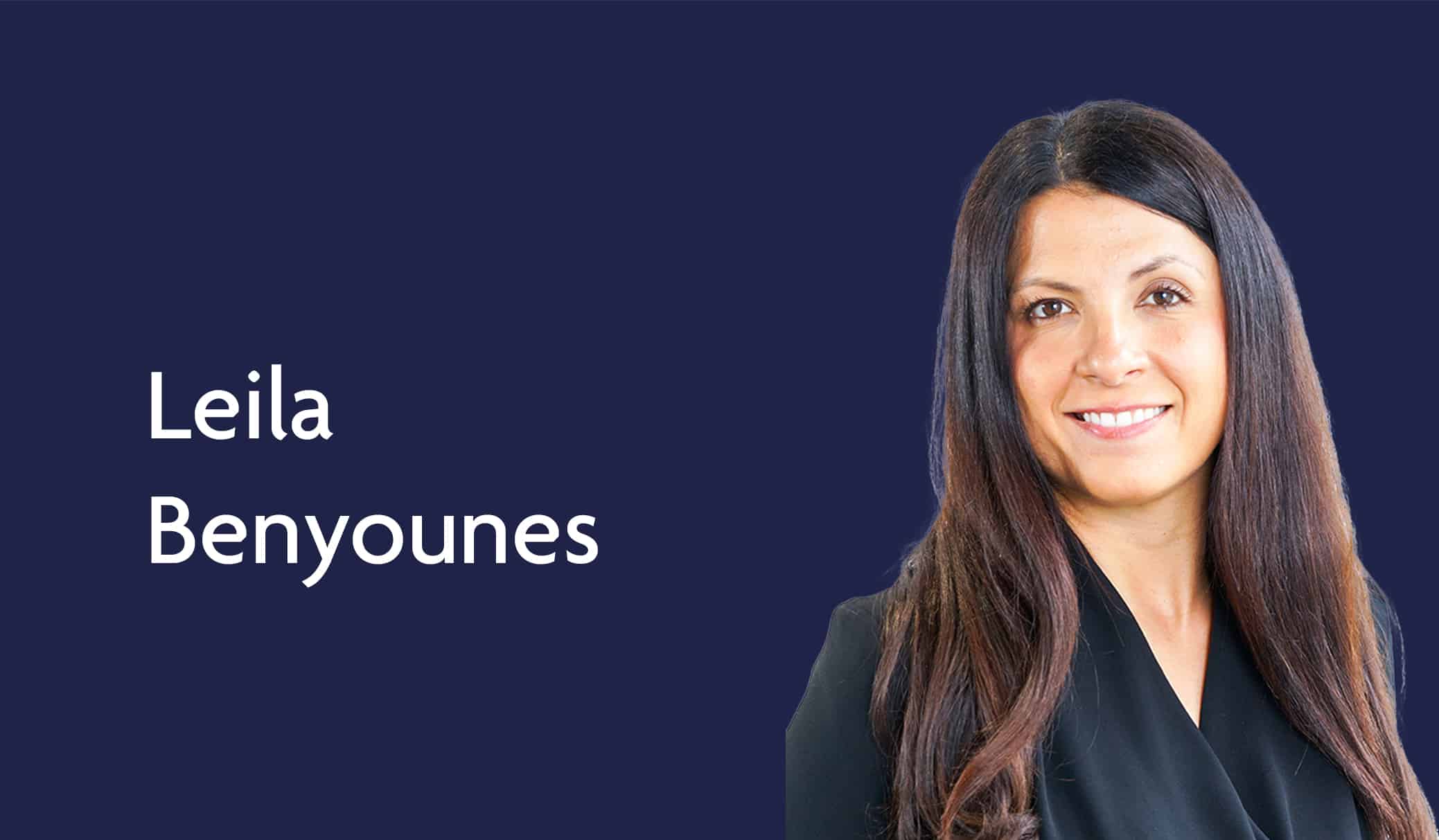The broad discretion with regard to the reasonableness of costs

Background
The claimant had suffered quadriplegic cerebral palsy as a result of negligence during his birth. His mother instructed a senior partner in a City of London law firm to bring the claim against the Defendant. Liability was conceded and damages were estimated to be approximately £20 million. The issue before the Master was costs.
First instance
The Master concluded that the rates claimed by the Claimant’s solicitors were too high. He therefore made a reduction, but recognised that the gravity and complexity of the case provided for rates significantly in excess of the rates for summary assessment. It was not entirely clear how the Master reached his decision as to the hourly rate he awarded.
The Claimant appealed.
Issue
The issue was whether the hourly rate cost was reasonably incurred and reasonable in its amount.
Law
Determining whether costs have been ‘reasonably incurred’ is a two-stage process:
- Did the Claimant act reasonably in instructing solicitors based in the City of London?
- Were the costs charged reasonable compared with the broad average of charged made by similar firms practicing in the same area?
It was noted that whilst the availability of less expensive solicitors elsewhere might be relevant to the determination of the first question, it had no relevance to the second.
Pursuant to CPR rule 44.3, any doubt as to the reasonableness of the rates had to be resolved in favour of the Defendant.
Decision
It was held that the rates determined by the Master fell within the reasonable band of decisions open to him. The Court considered the following points:
- The Master had erred in not directly dealing with the reasonableness of the Claimant’s decision to instruct City of London solicitors.
- The Master had no evidence as to what rates other firms engaged in this type of work charged.
- This was a complex and serious case, which therefore entitled the solicitors to rates significantly in excess of the rates for summary assessment.
Costs of the appeal
The court had a wide discretion in relation to the appropriate order as to the costs of the appeal. It was decided that the appropriate order was ‘no order as to costs’. The following reasons were noted:
- The Clamant had technically succeeded in relation to the first ground of the appeal.
- The Claimant, however, had not ultimately succeeded in the outcome.
Comment
This case is a useful reminder that Judges have a broad discretion with regard to costs and, as a consequence, appeal courts are often very reluctant to overturn cost decisions. It is notable that even though the Court found that the Master’s decision was still within the reasonable band of decisions open to him, he failed to:
- Consider the first question of the two-stage test; and
- Provide reasons as to how he reached the rate he awarded.
The order for ‘no order for costs’ in relation to the costs of appeal (as opposed to awarding the Defendant their costs) further reiterates the Courts wide discretion and reflected the Claimant’s partial success, despite the unchanged outcome.










